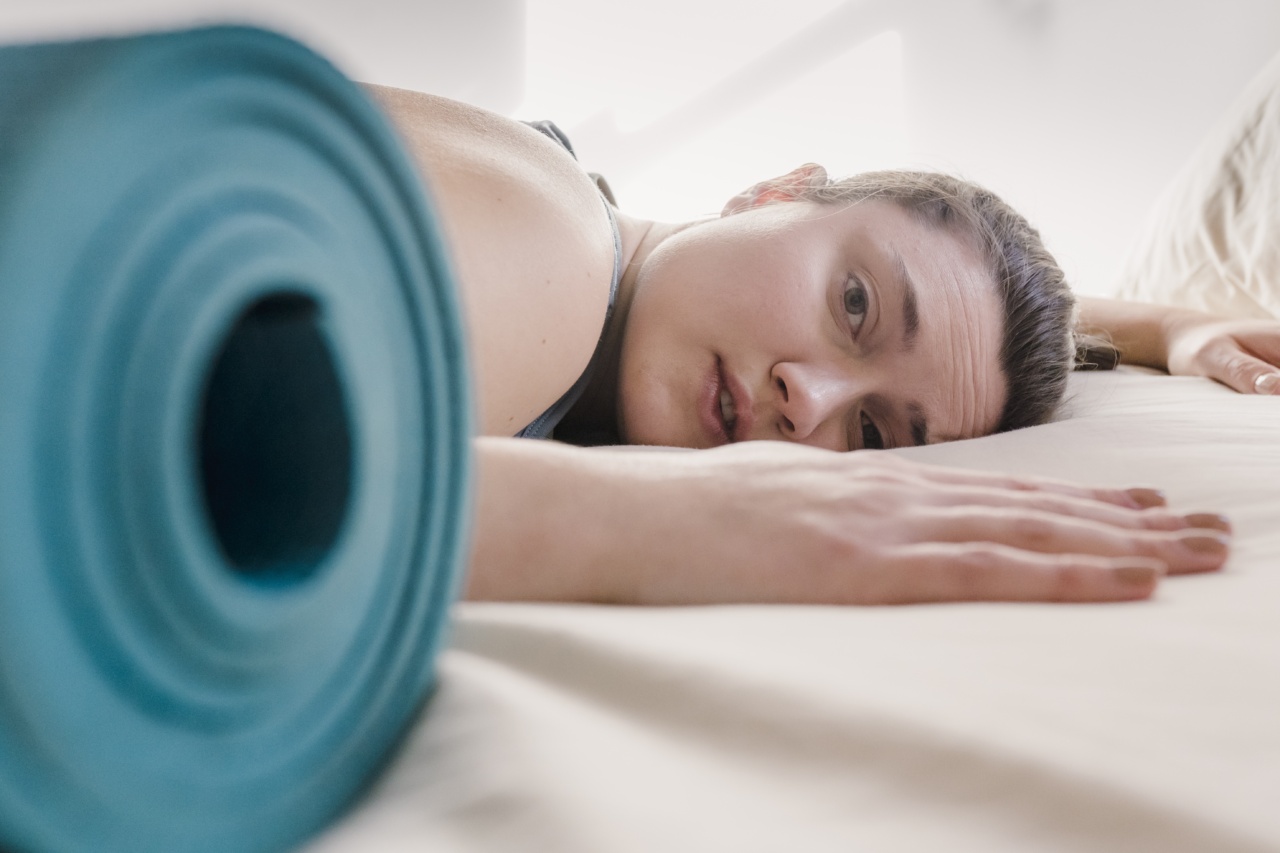Do you often find yourself tossing and turning in bed, unable to fall asleep? Or do you wake up feeling groggy and unrested, even after a full night’s sleep? It’s possible that you’re not going to bed at the right time for your body’s natural sleep cycle.
Your ideal bedtime is based on your body’s circadian rhythm, which is basically your internal clock that regulates everything from your sleep patterns to your appetite.
By understanding how your circadian rhythm works and figuring out the best time for you to go to bed, you can help improve the quality of your sleep and wake up feeling refreshed and energized. Here’s how:.
1. Calculate Your Ideal Sleep Duration
First, you need to determine how many hours of sleep your body needs each night to function at its best. Most adults require between 7-9 hours of sleep per night, although the exact amount varies from person to person.
To figure out your ideal sleep duration, try going to bed at the same time every night for a week, aiming to wake up naturally (without an alarm clock) at the same time each morning.
Keep track of how many hours of sleep you get each night and how you feel during the day. If you consistently feel well-rested, then you’ve likely found your ideal sleep duration. If you still feel tired, aim to add an extra 15-30 minutes of sleep per night until you feel your best.
2. Analyze Your Lifestyle and Habits
Your lifestyle and habits can play a big role in your sleep patterns. Factors such as your work schedule, exercise routine, and diet all impact your body’s circadian rhythm.
Try to maintain a consistent sleep schedule as much as possible, even on weekends. This will help regulate your body’s natural sleep cycle. Avoid caffeine, alcohol, and nicotine in the evening, as they can interfere with sleep.
Regular exercise can also help promote better sleep, but try to finish your workout at least a few hours before bedtime. Lastly, establish a relaxing bedtime routine, such as reading a book or taking a warm bath, to help signal to your body that it’s time to wind down and prepare for sleep.
3. Find Your Chronotype
Your chronotype is essentially a classification of your sleep-wake cycle, dictated by your body’s natural circadian rhythm. There are three main chronotypes:.
- Early birds: these individuals tend to feel most alert in the morning and prefer to go to bed and wake up early.
- Night owls: these individuals tend to feel most alert in the evening and prefer to stay up late and sleep late.
- Intermediate types: these individuals fall somewhere in between early birds and night owls, with a more flexible sleep-wake schedule.
To figure out your chronotype, try taking a quiz online or simply pay attention to when you feel most alert and awake during the day. Once you know your chronotype, you can better determine your ideal bedtime based on your unique circadian rhythm.
4. Pay Attention to Your Body’s Cues
Ultimately, the best way to determine your ideal bedtime is to pay attention to your body’s signals. If you consistently feel tired and groggy in the morning, it’s likely that you need to adjust your bedtime.
Listen to your body and make small adjustments as needed to find the perfect sleep schedule for you.
5. Stick to a Consistent Sleep Schedule
Once you’ve determined your ideal bedtime, it’s important to stick to a consistent sleep schedule as much as possible. This means going to bed and waking up at the same time every day, even on weekends.
Consistency helps regulate your body’s natural circadian rhythm and can lead to better quality sleep overall.
Conclusion
Determining your ideal bedtime is an important step towards improving the quality of your sleep and overall health.
By understanding your body’s natural sleep cycle and making small lifestyle adjustments, you can find the perfect sleep schedule for your unique circadian rhythm. Remember to pay attention to your body’s cues and stick to a consistent sleep schedule as much as possible for optimal health and wellbeing.



























